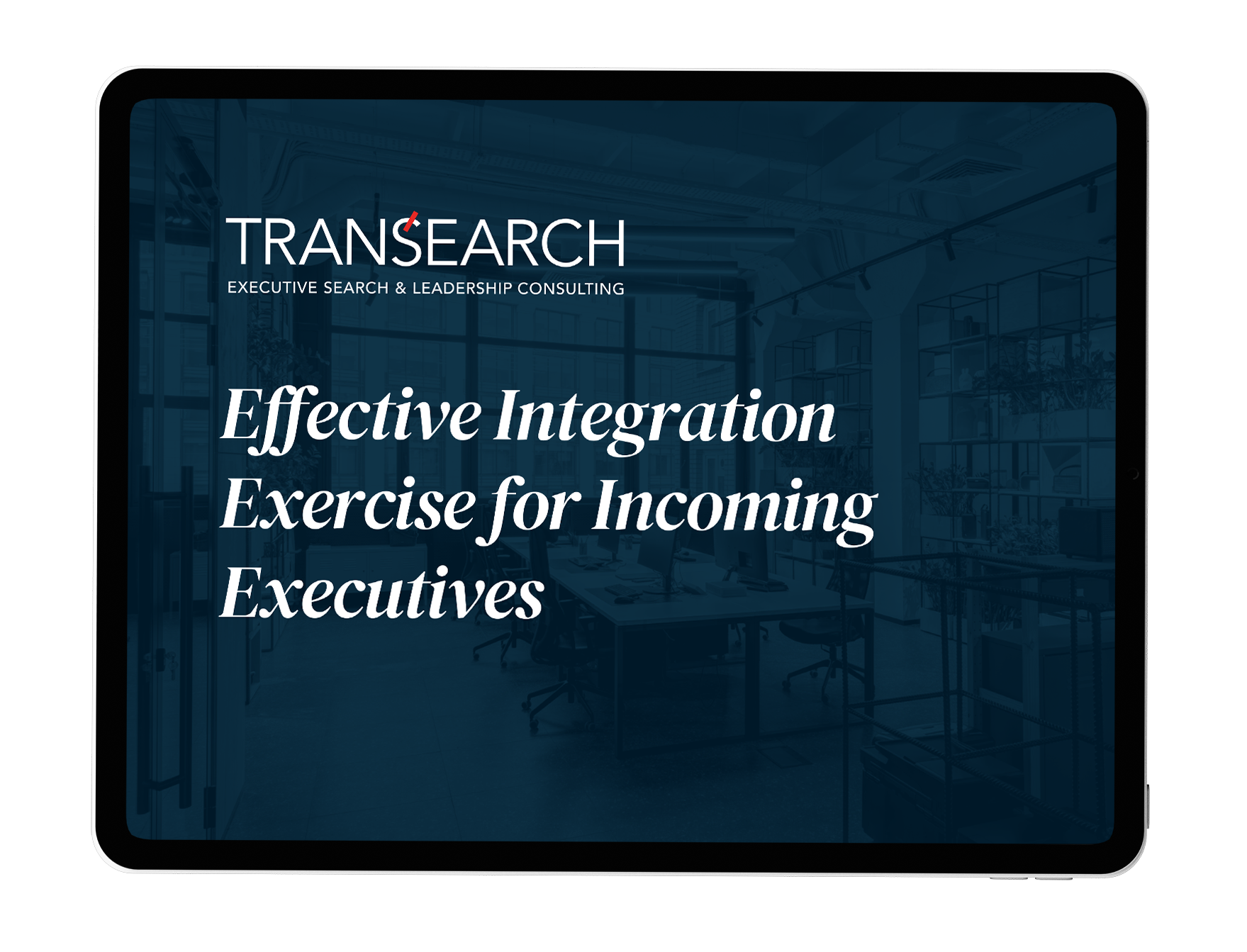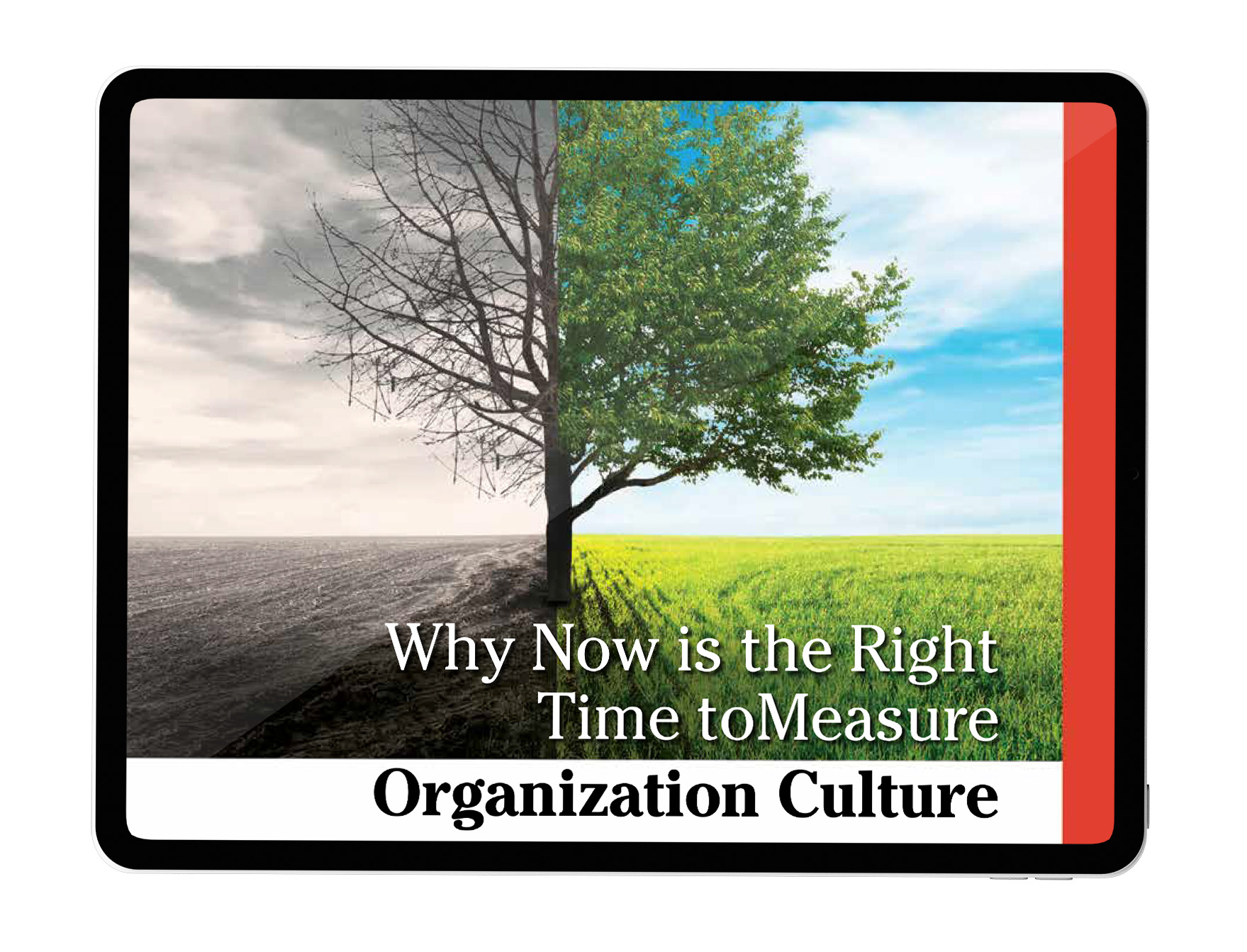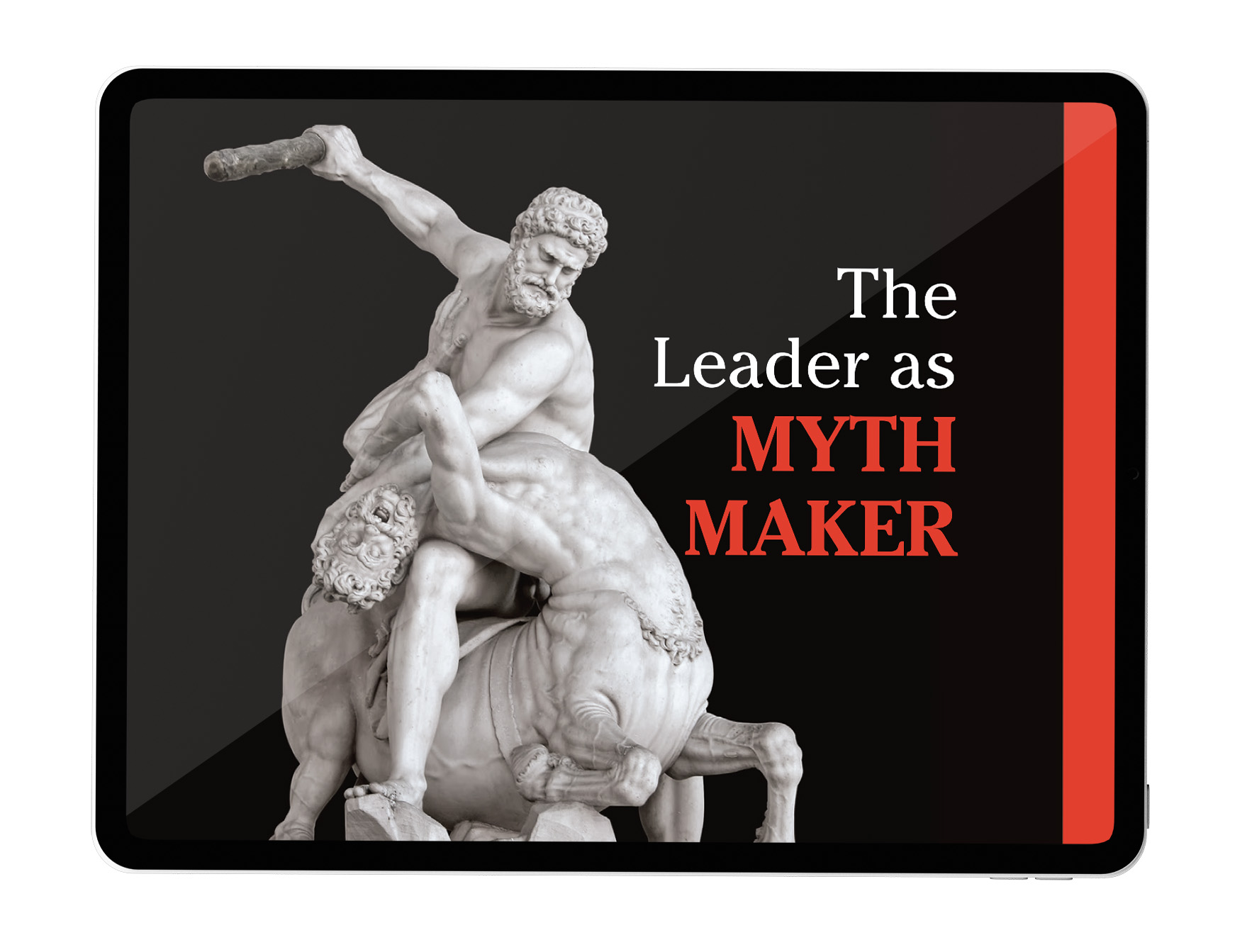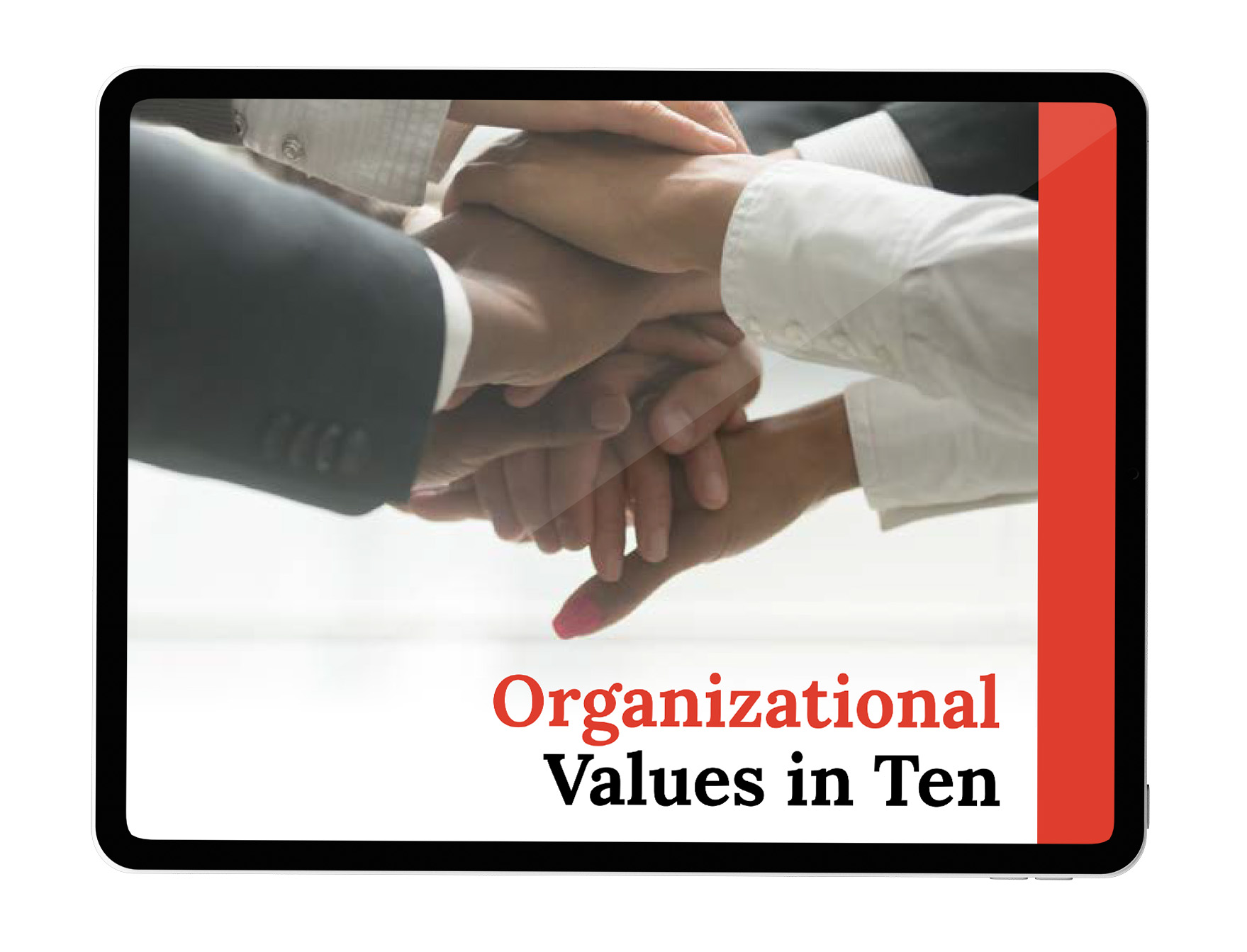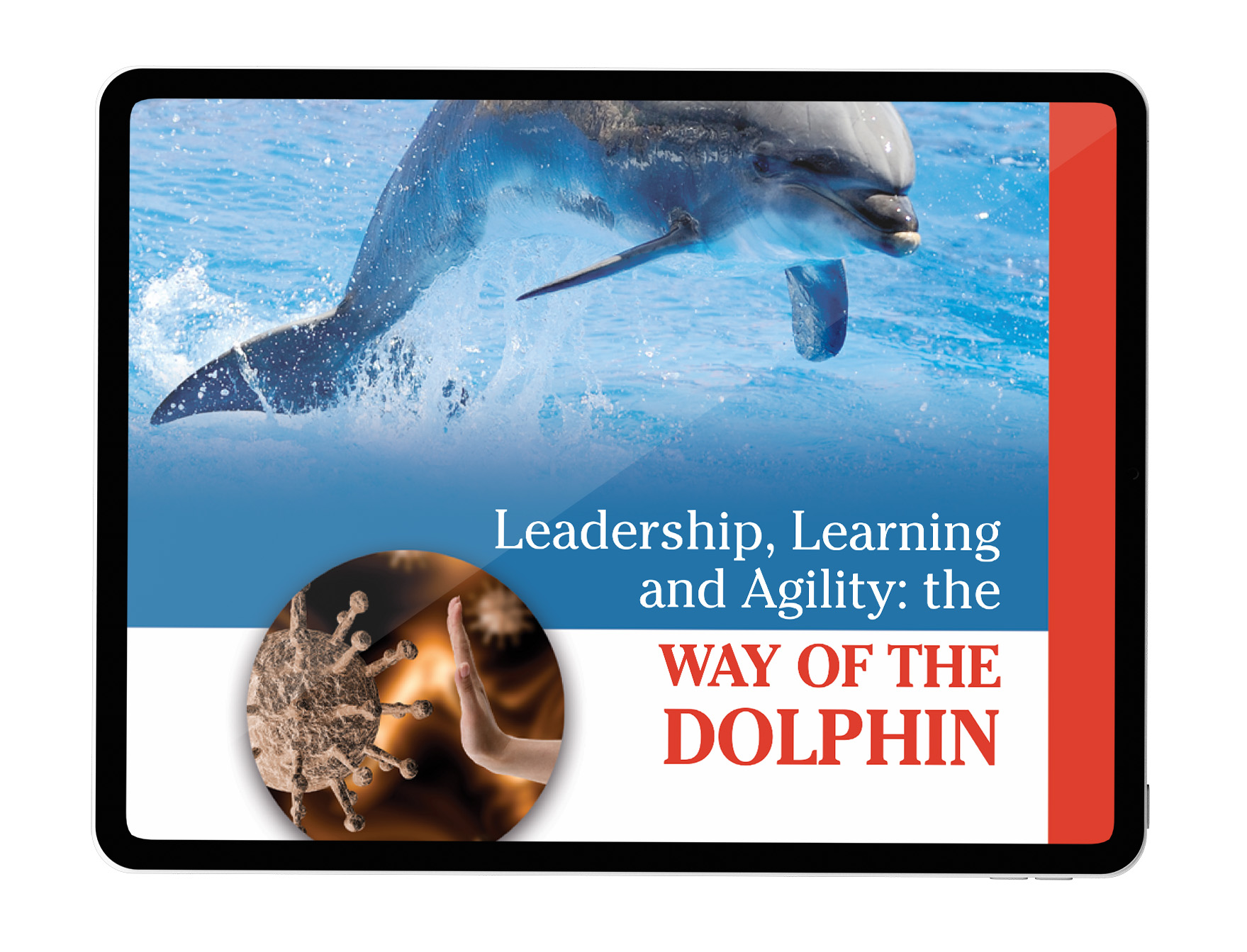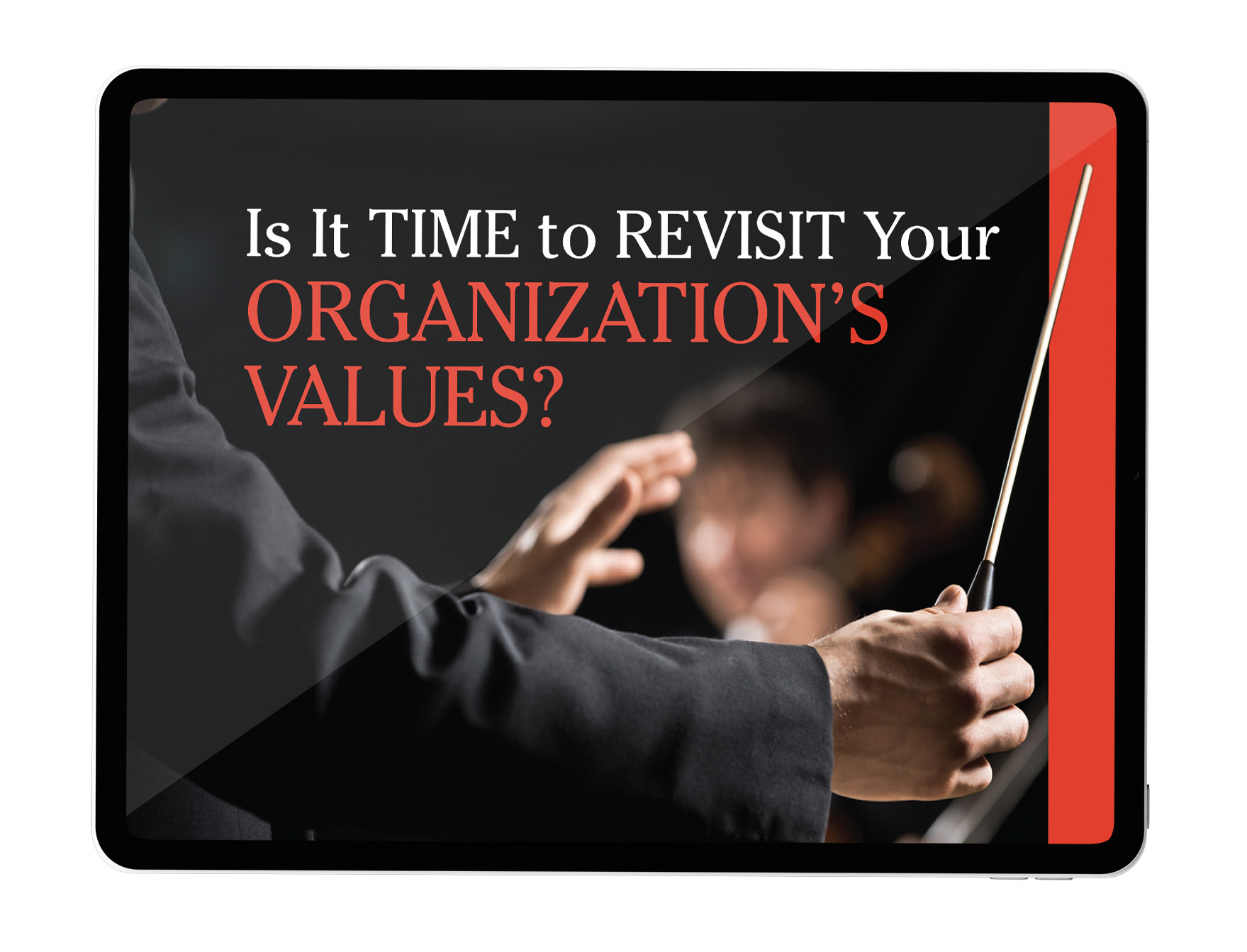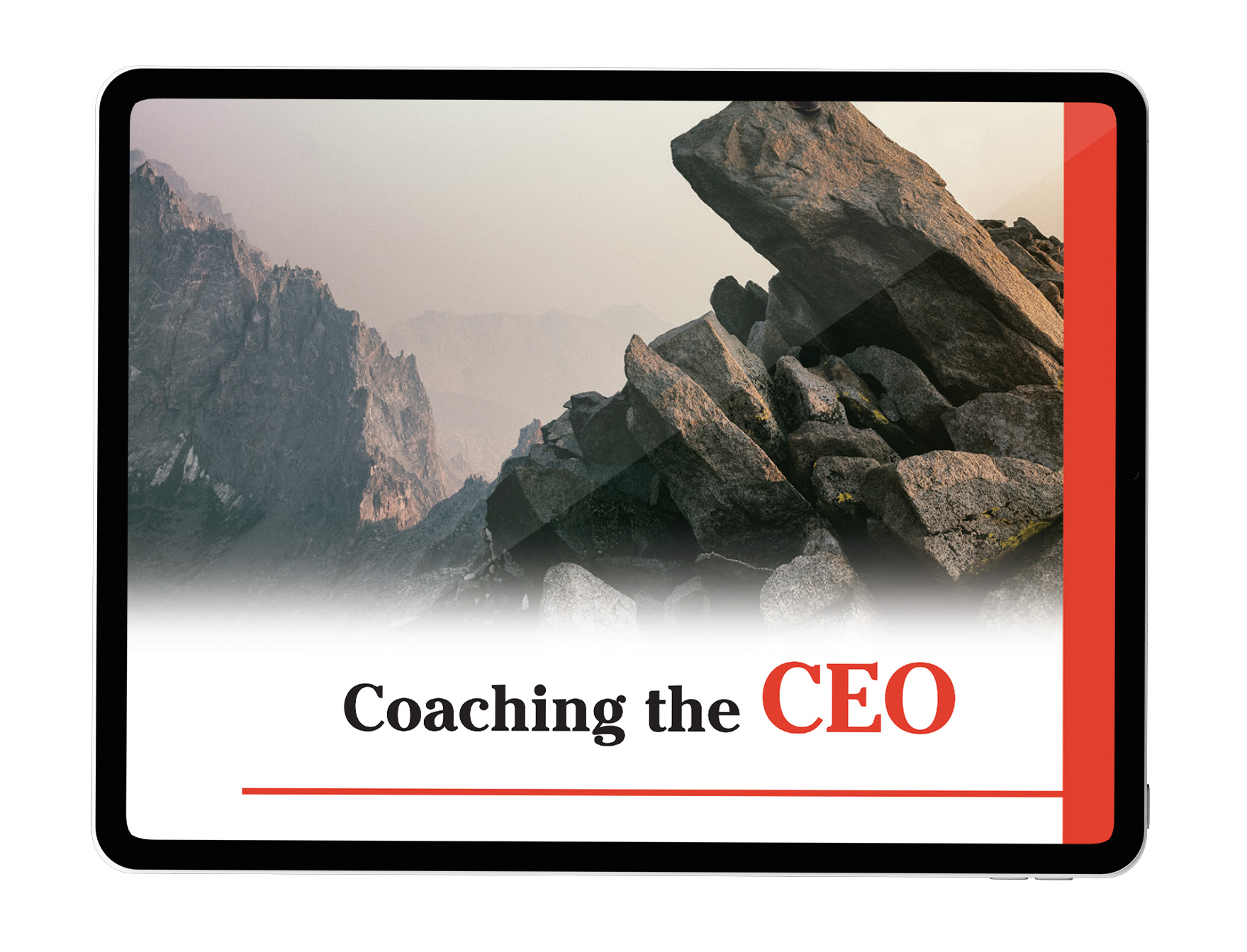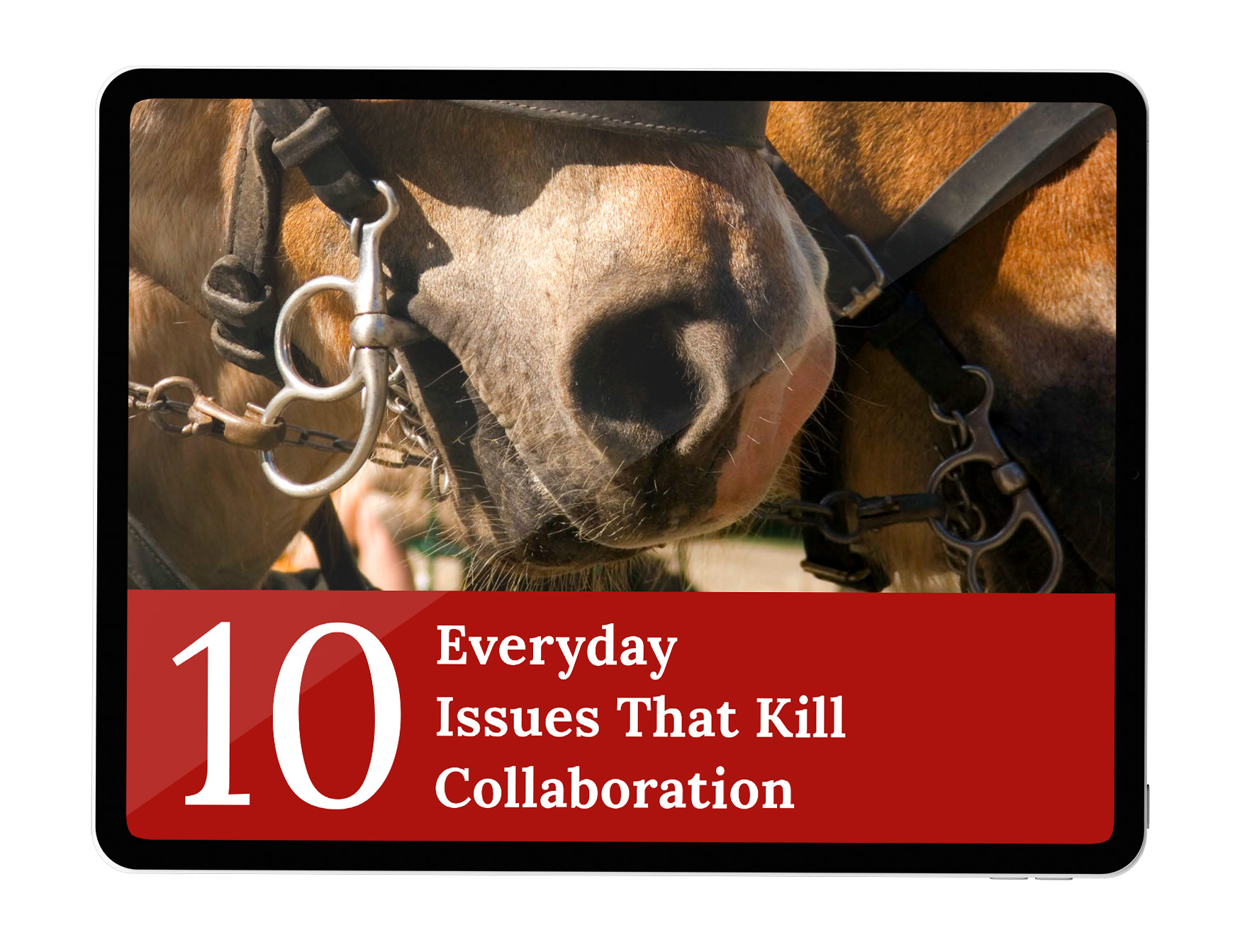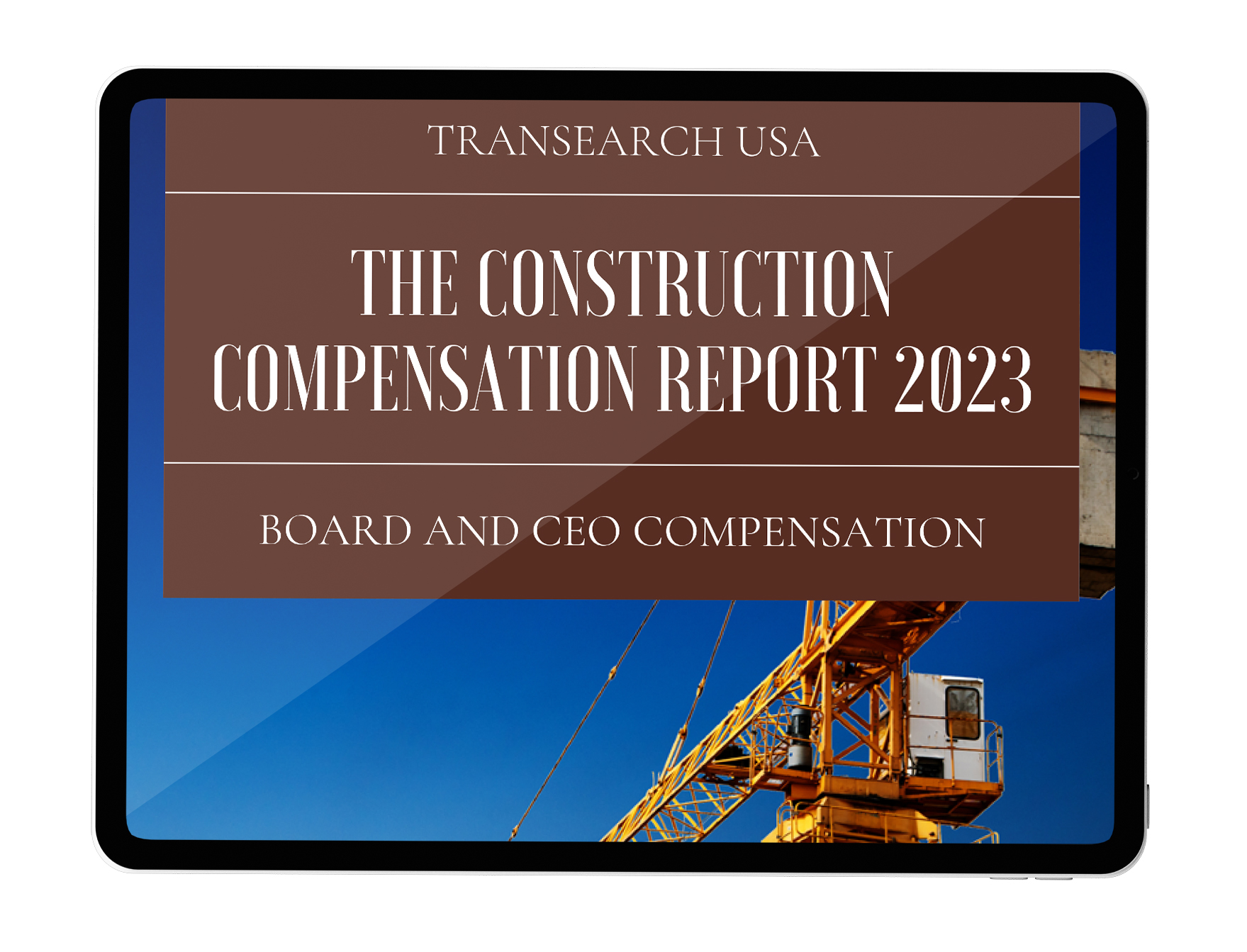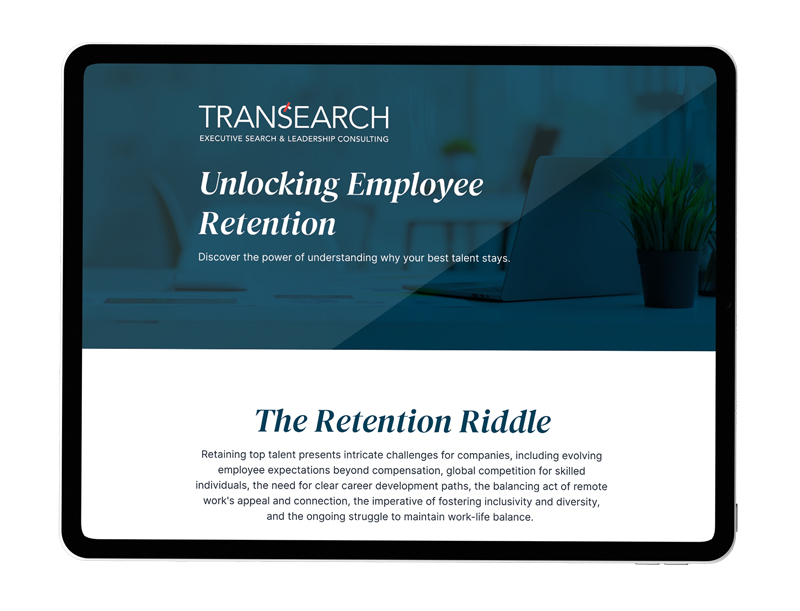Private equity (PE) describes investment partnerships that buy and manage companies before selling them. The CEO of a private equity company is the primary business development executive and must balance short-term results and cash flow while creating long-term PE success.
But what’s the actual role of a Private Equity CEO? Let’s break it down.
Key Responsibilities and Duties of a Private Equity CEO
A private equity CEO is responsible for making strategic decisions, managing investments, and driving growth. They must develop and drive the entire company’s vision, and the following responsibilities can help them achieve this goal.
1. Add value quickly
The finite nature of a PE investment generally culminates in an exit strategy—such as an IPO or a strategic sale—which means the CEO often has limited time to maximize value creation. This intense focus on time-bound value creation creates a unique pressure to perform.
2. Work closely with the board of directors
Serving as a CEO alongside a PE board typically involves close engagement and hands-on interactions. Since PE boards tend to be smaller compared to public company boards, the CEO and board must embrace continuous communication and active participation in strategic decisions.
3. Prioritize the firm’s goals
Private equity firms expect their CEOs to have substantial personal investment in the company. A significant equity stake aligns the CEO’s interests with the firm’s goals and ties the CEO’s financial return directly to the performance of the business, offering potentially substantial rewards should the firm succeed in growing and subsequently exiting the investment at a high valuation.
4. Focus on company operations, execution, and growth
PE CEOs are generally less preoccupied with capital market interactions than their public company counterparts. In a PE setting, activities such as fundraising or navigating investor relations are predominantly managed by the PE firm.
This difference allows the PE CEO to concentrate their efforts on the company’s operations, execution, and growth. An exception arises when preparing for an IPO, wherein the CEO takes on a more prominent role in the capital markets process.
5. Ability to scale businesses repeatedly
Private equity firms value ‘serial CEOs’ who have demonstrated an ability to scale businesses repeatedly and often choose leaders based on a proven track record of successfully growing and exiting other companies. Extensive past experience is not only a badge of their capability but also a reassurance for the PE firm that bets on the repetition of prior successes.
The Importance of a Private Equity CEO
Understanding the multifaceted role of private equity CEOs can lend significant insight into the broader mechanics of private equity investment and the importance of leadership within this sector. If you’re ready to take your private equity firm to the next level with a perfect CEO, recognizing these dynamics is essential for grasping how value is generated and orchestrated in business strategy.
Discover how TRANSEARCH can help bring the ideal leader into your organization.

The 7 Questions Every CEO Should Ask About Culture
To survive is to adapt. Culture is the essence of your business. It defines what’s possible, and it changes whether you want it to or not. Uncover how your leadership can shape a thriving work environment and drive strategic success. Here are seven questions every CEO should ask about culture.





















